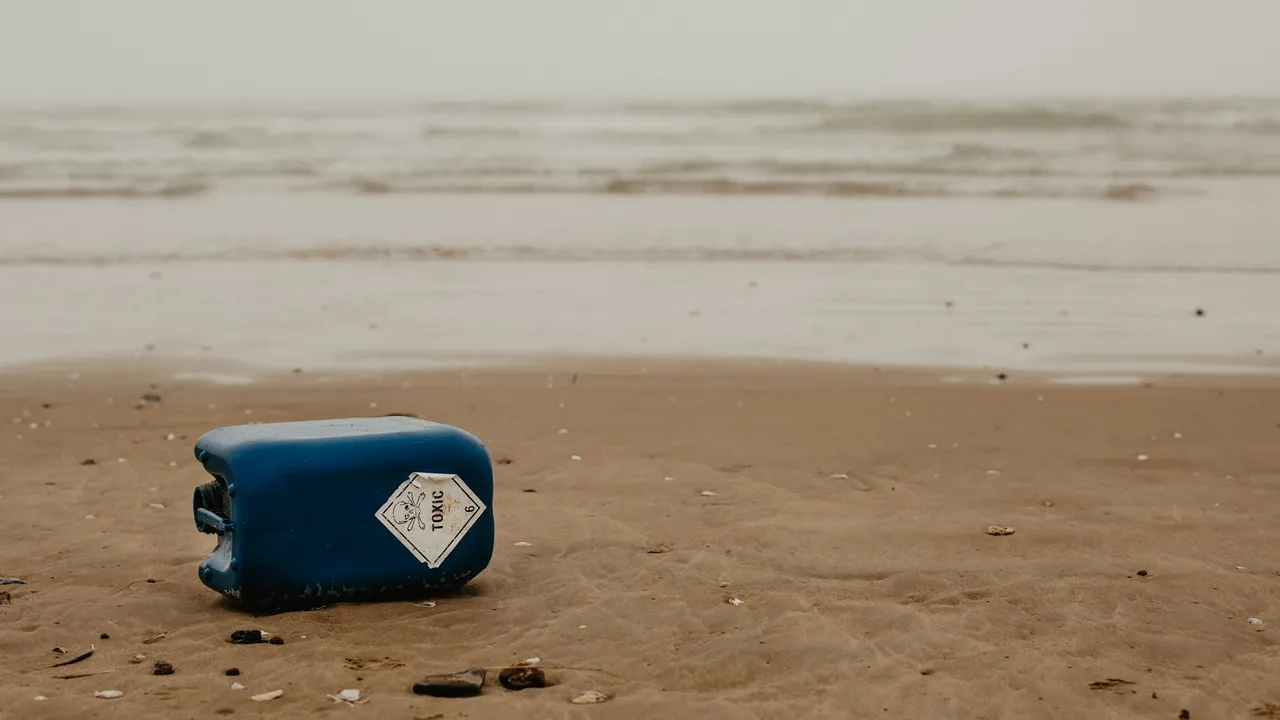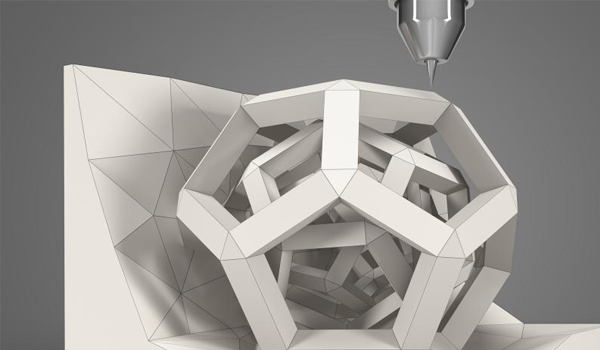Microplastics – tiny fragments of plastic measuring less than 5 millimeters in diameter – are constantly being shed by plastic products, either during regular daily use or as they break down in landfill.
Depending on the type of plastic, these microplastics can take anywhere between 100–1,000 years to break down fully, leaving a huge window of time for these plastics to accumulate in the environment. But the environment isn’t the only place where these microplastics can build up – recent studies have discovered microplastics in the bodies of many different animal species, including humans.
Now, researchers from the University of California San Diego (UC San Diego) and materials science company Algenesis have developed a new type of algae-based plastic that fully biodegrades in less than seven months, even at the microplastic level. Their research is published in Nature’s Scientific Reports.
New plastic is eaten up by microbes
The plastic developed by the research team is a bio-based thermoplastic polyurethane (TPU-FC1) that can be used to make coated fabrics or injection-molded objects.
“When we first created these algae-based polymers about six years ago, our intention was always that it be completely biodegradable,” said Robert Pomeroy, a professor of chemistry and biochemistry at UC San Diego and an Algenesis co-founder. “We had plenty of data to suggest that our material was disappearing in the compost, but this is the first time we’ve measured it at the microparticle level.”
For their new study, the team ground down samples of their plastic to form fine microparticles, then used three different measurement tools to track how these microplastics would behave when placed in compost.
Source: technologynetworks.com







